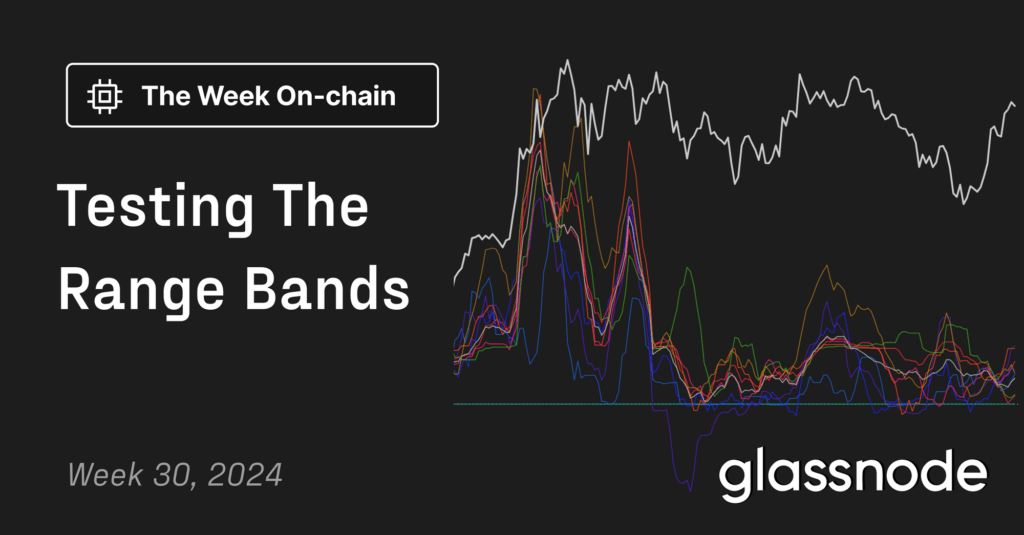Podcast Summary
The podcast features Rebecca Rettig and Jake Chervinsky discussing the SEC’s approach to crypto regulation and how the industry should respond. They delve into the SEC lawsuits, the McHenry-Thompson Bill, their expected US regulation timeline, and DC’s sentiment towards crypto.
Key Takeaways
- SEC Lawsuits and Industry Response: The SEC has been aggressive in pursuing lawsuits against major players in the crypto industry, including Binance and Coinbase. The industry needs to respond proactively, and these companies have the resources to fight these cases.
- The McHenry-Thompson Bill: This bill is a significant piece of legislation that could shape the future of crypto regulation in the US. It’s a working draft that the industry can engage with and refine.
- Expected US Regulation Timeline: The timeline for crypto regulation in the US is likely to extend into 2025 or 2026. This is due to the ongoing litigation, the upcoming presidential election, and potential changes in Congress.
- DC’s Sentiment Towards Crypto: The sentiment in DC towards crypto is mixed. While some are skeptical, others have spent time understanding the technology and see the need for some form of regulation. However, the fallout from the FTX case still lingers and affects the industry’s reputation.
Sentiment Analysis
- Bullish: The podcast hosts and guests are bullish on the potential for the crypto industry to respond proactively to regulatory challenges. They believe that the industry has the resources to fight legal battles and can influence the shaping of future legislation.
- Bearish: There is a bearish sentiment regarding the ongoing SEC lawsuits and the potential for more in the future. The hosts also express concern about the lingering negative sentiment in DC following the FTX case.
- Neutral: The sentiment is neutral regarding the timeline for US regulation. While it’s expected to extend into 2025 or 2026, this is seen as a normal part of the legislative and legal process.











